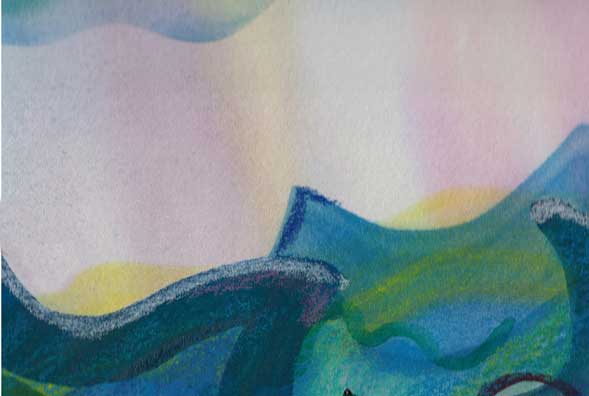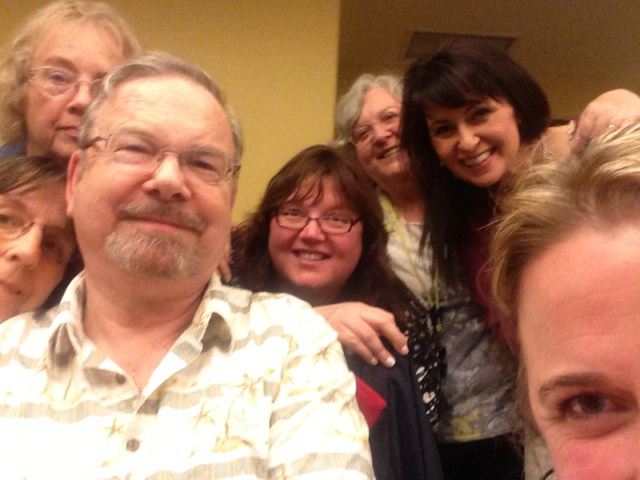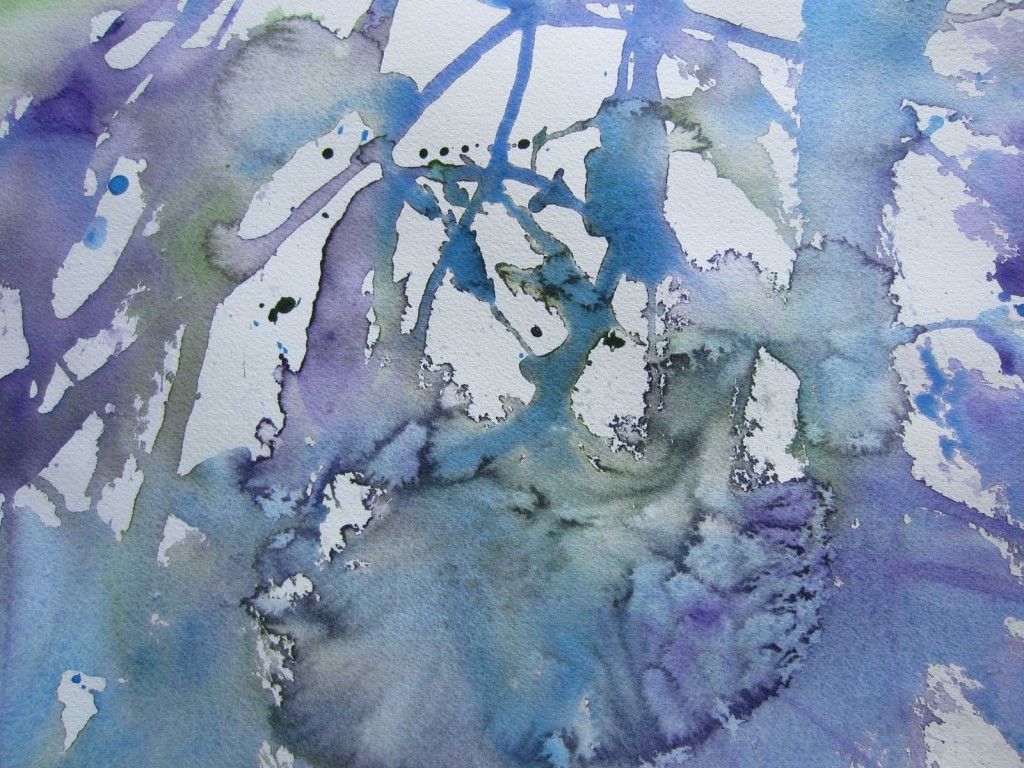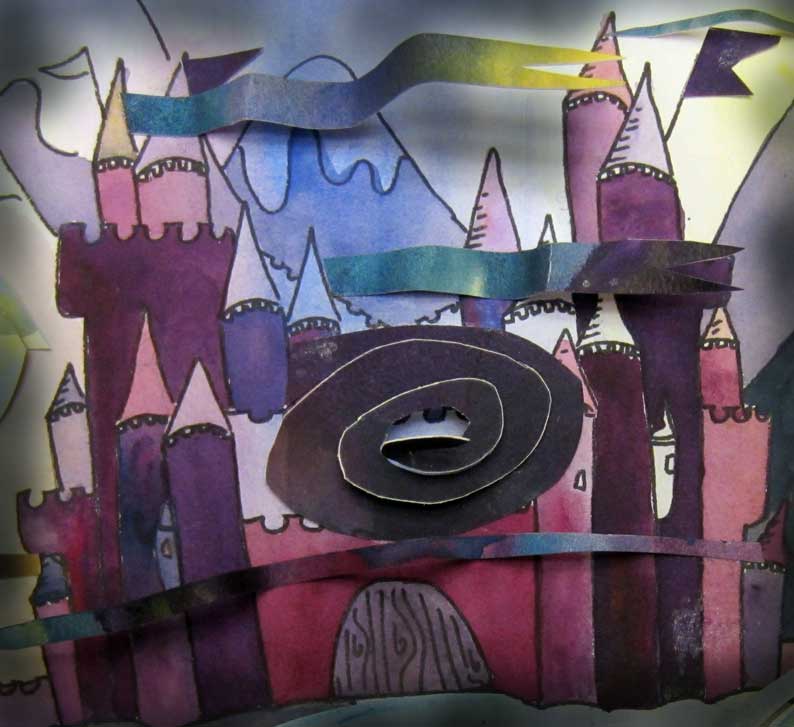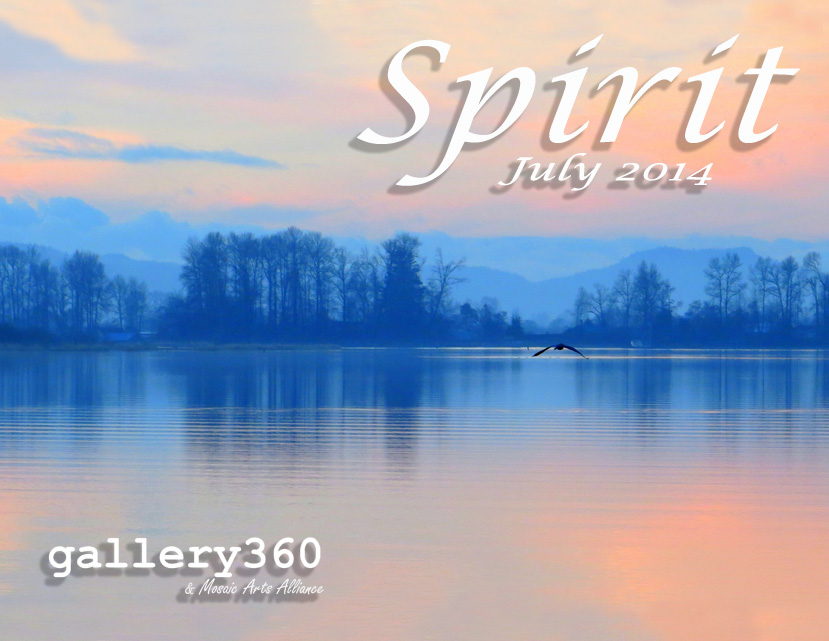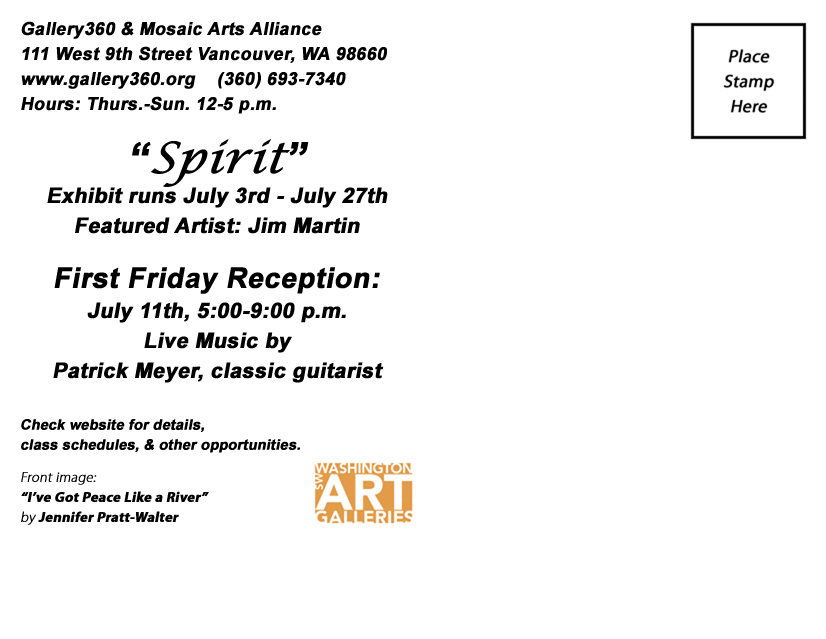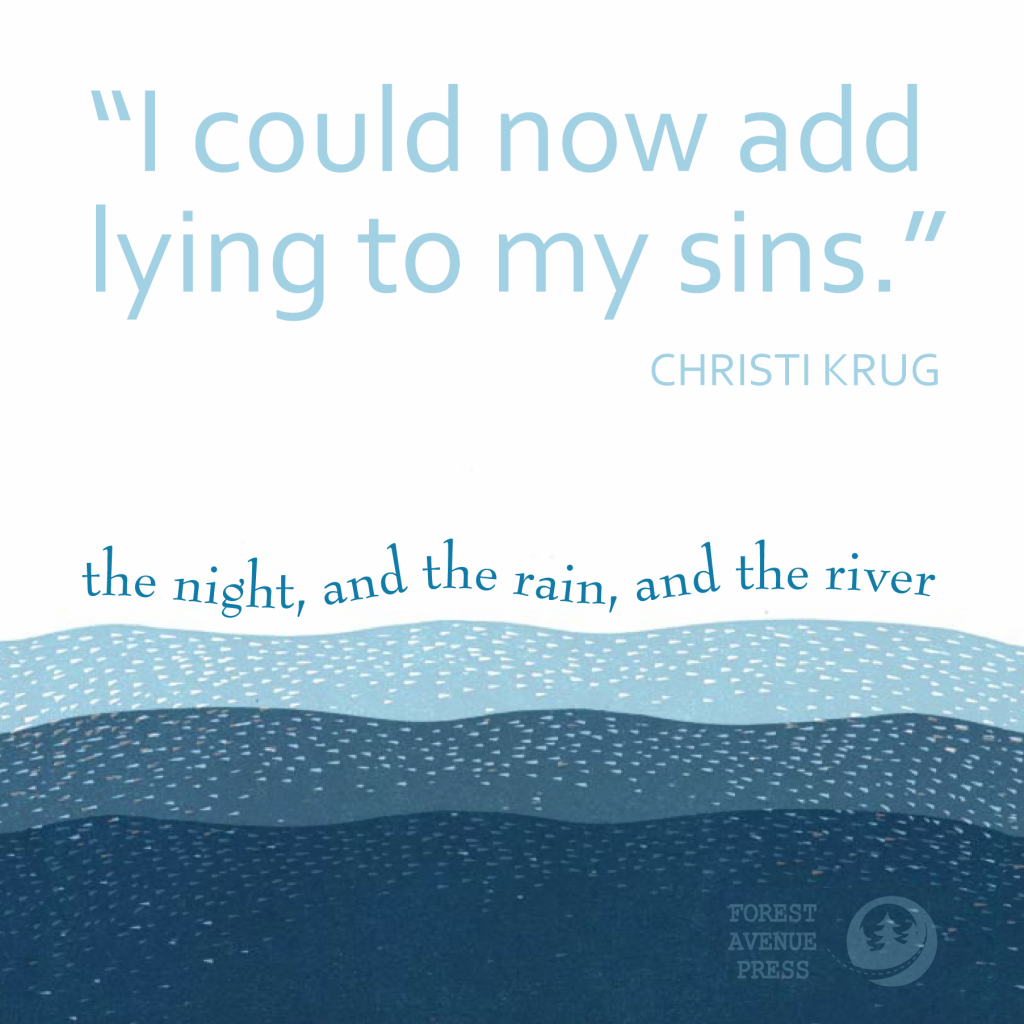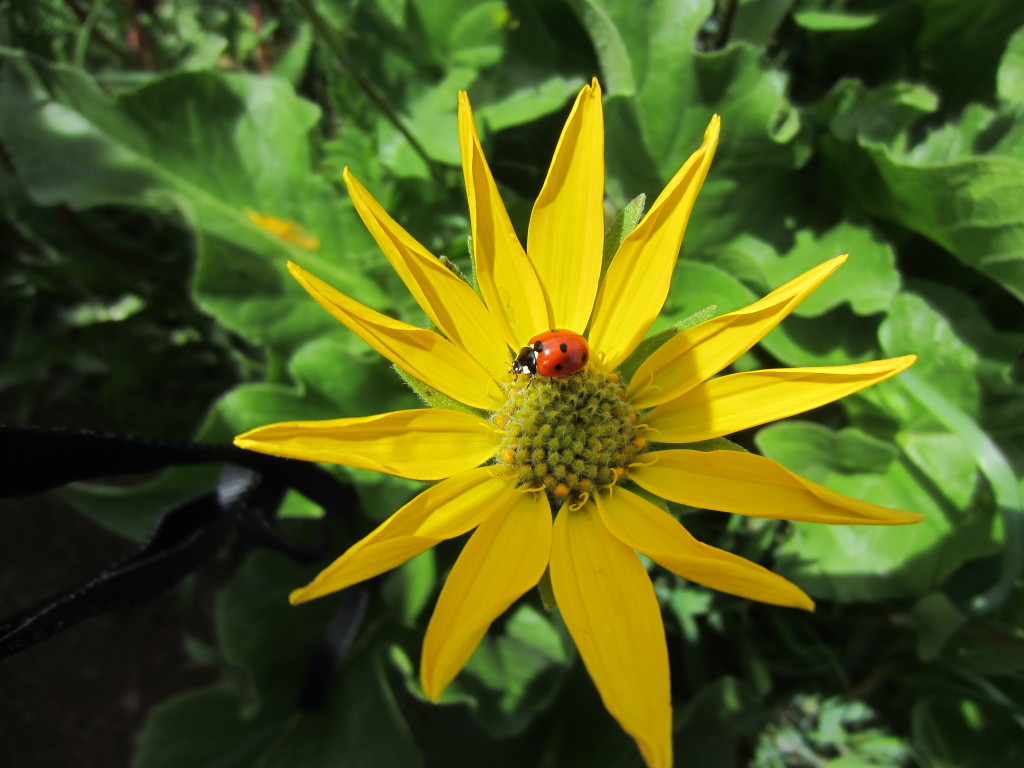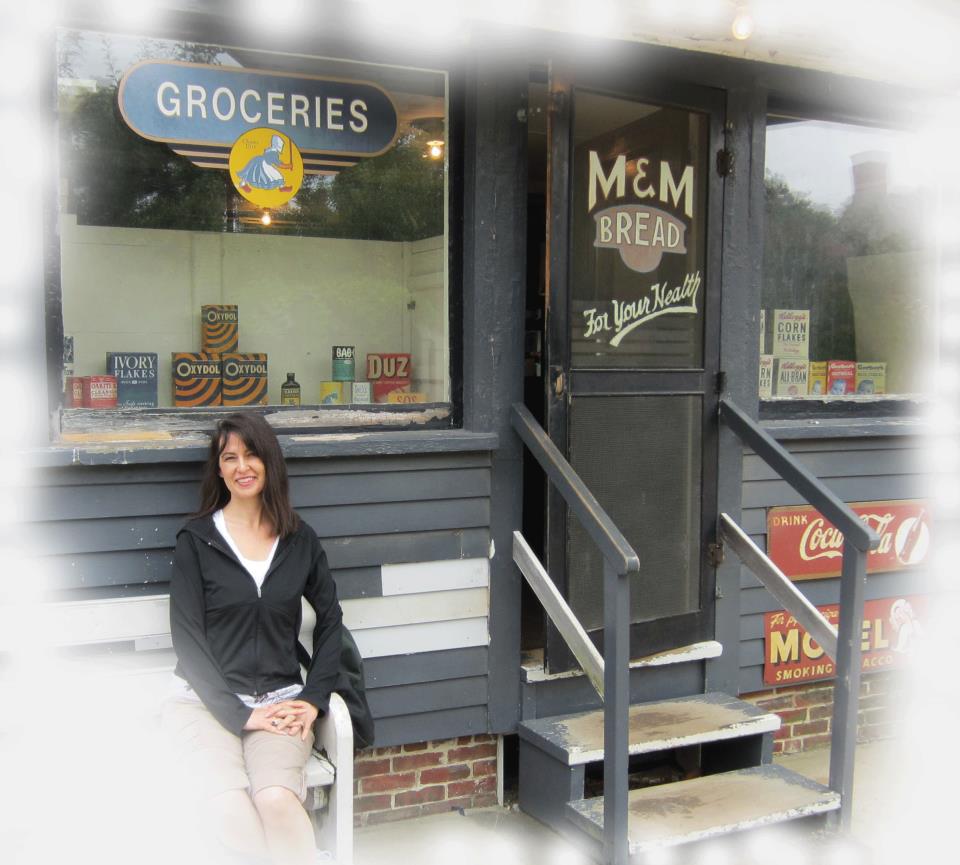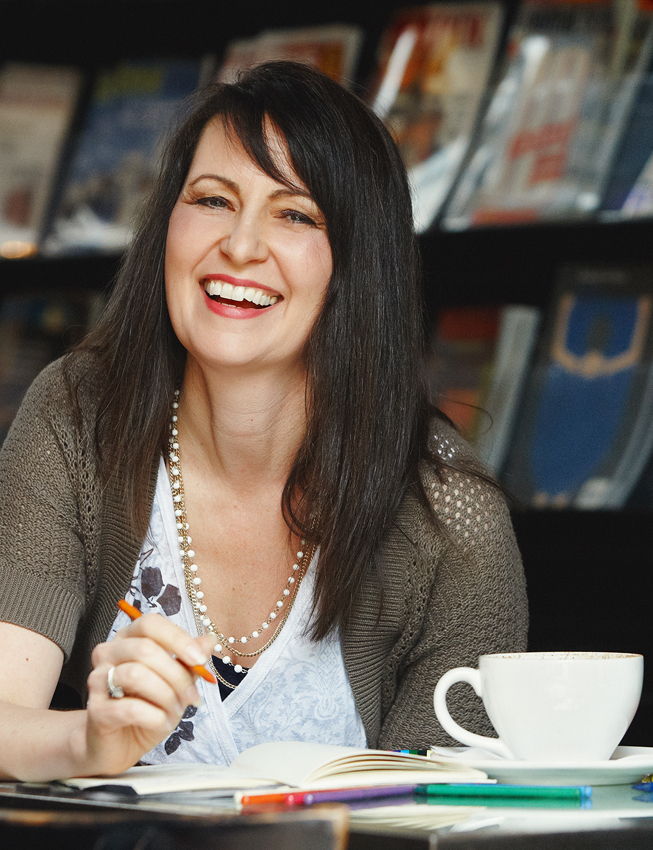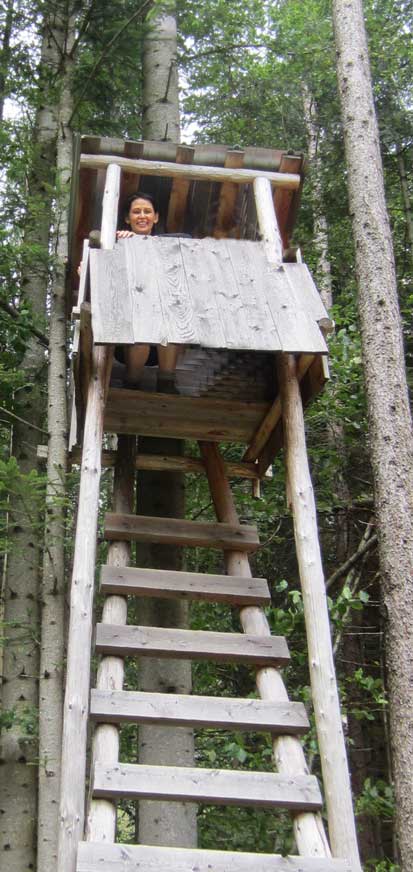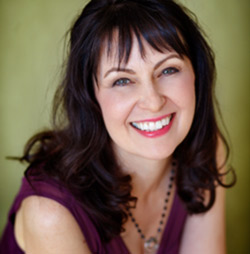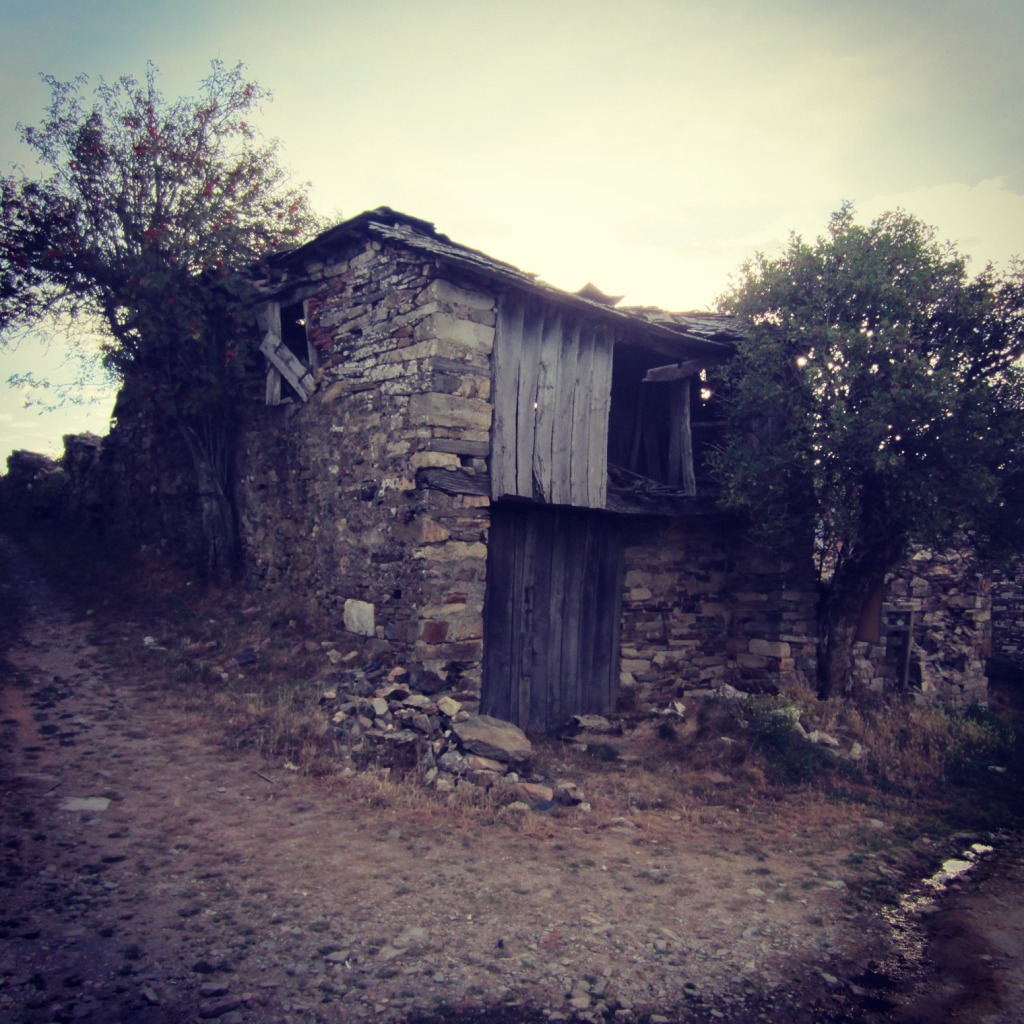
I’m taken aback at my sudden directive to participate in NaNoWriMo (National Novel Writing Month). I’d planned to do some work on my novel, but in a last-minute gut decision I committed to fully enter the world of my imagination.
And I’m glad for it.
I put so many demands on myself that I don’t give free reign to projects that take my imagination full tilt. I’ll create, but I’m wary of my time. I’m wary of losing control. Working in bits and pieces helps me feel sane.
You can’t create art that astounds you if you’re trying to stay in control.
What I’m discovering is that digging into a world of my imagination is renewing my energy, not using it up. I’ve had it on my list, for weeks, to write this Fire By Night post, for example.
And I’ve also longed for more art. I’m doing that too.
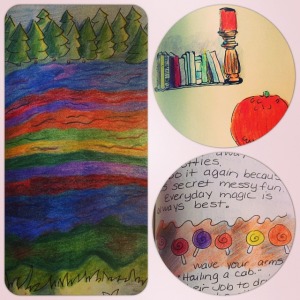 You’ve got to let go, meld with the process, and move where the creating takes you.
You’ve got to let go, meld with the process, and move where the creating takes you.
And so I’ve rearranged my schedule temporarily in order to lose control.
How about you? Are you on a wild ride of creating, or are you trying to keep everything neat and tidy, and same as always, so you can maintain certainty?
If you’d like to chat in person when I come out of NaNoWriMo hiding, please join my visits as a guest author on Saturday, November 8 at 1:30 at Another Read Through Books in Portland; and as a guest poet on Saturday, November 29, at 7 pm at Mon Ami Coffee and Crepes in Vancouver.

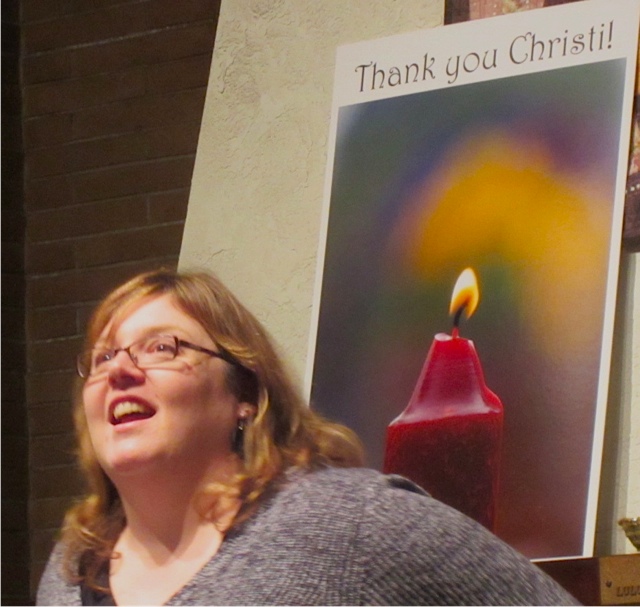

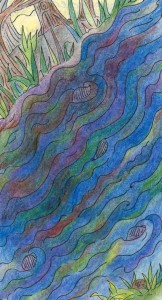 Widening as it sees fit
Widening as it sees fit